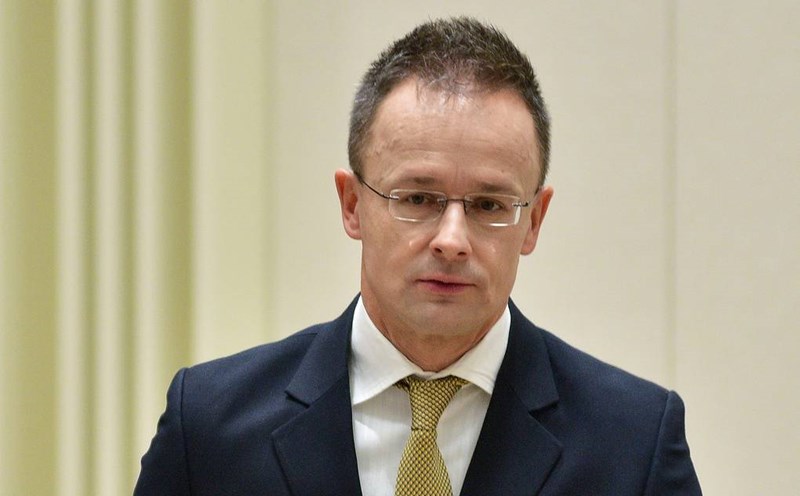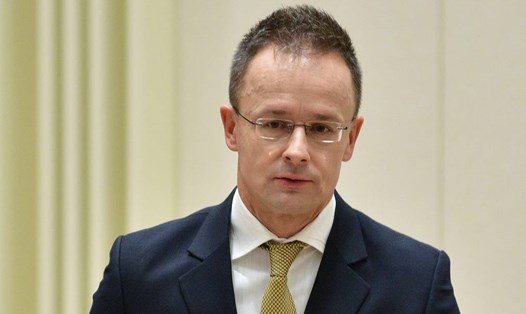Reuters quoted a statement from the Serbian Energy Ministry on February 4 saying that the NIS has officially submitted a petition to the US Treasury Department to request a 30-day sanctions exemption.
According to the statement, the governments of Serbia and Hungary are both behind the proposal.
"We urgently request OFAC (US Office of Foreign Assets Control) to consider immediate support, in the form of a minimum 90-day exemption from sanctions, while considering sustainable solutions leading to the lifting of sanctions," the statement stressed.
The NIS wants a special license to continue operations while finding solutions to adjust the ownership and management structure.
The Serbian Energy Ministry said the Serbian government supports the proposal, as if the sanctions remain in place, the company could have difficulty supplying oil and petroleum products to Serbian people.
Currently, Gazprom Neft holds a 50% stake in NIS, while Russian oil giant Gazprom controls 6.15%. The Serbian government owns 29.87%, the rest belongs to small shareholders.
NIS is the only refinery operator in Serbia and is one of the largest contributors to Serbia's state budget.
Earlier, on January 10, Serbian President Aleksandar Vucic announced that Russian companies had 45 days to withdraw from the NIS and that any deal must be approved by OFAC. Just a few days later, Russian Foreign Minister Sergei Lavrov confirmed that Moscow was negotiating with Belgrade on this issue.
Serbia depends heavily on Croatia's Janaf pipeline for oil imports, like Hungary. The NIS has signed a contract to transport 10 million tons of oil through Croatia from January 1, 2024 to December 31, 2026.
This sanctions exemption shows the growing pressure the NIS and the Serbian government are facing as they seek to balance economic benefits and Russian sanctions. It is unclear whether the US will make a concession or not.









